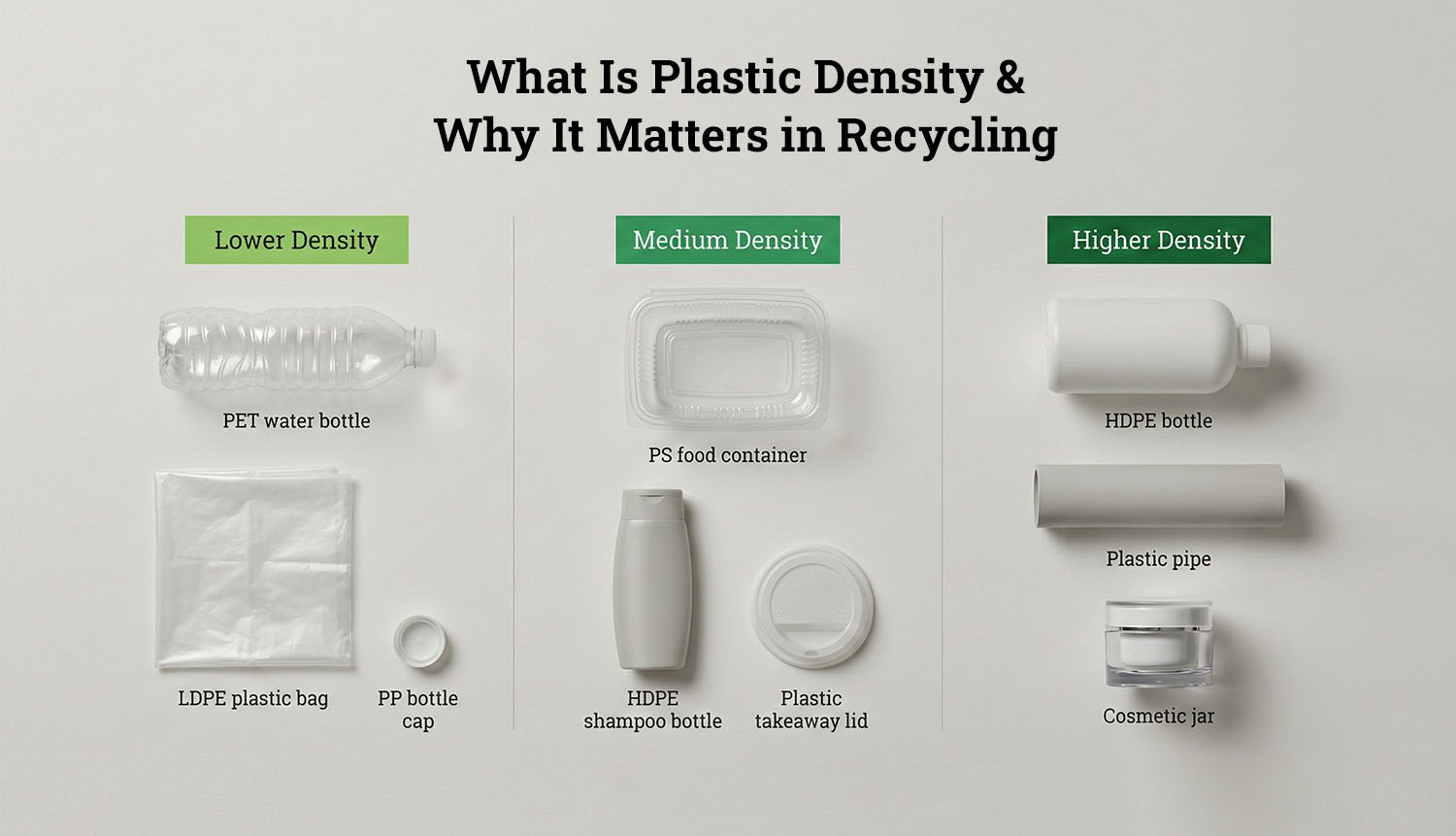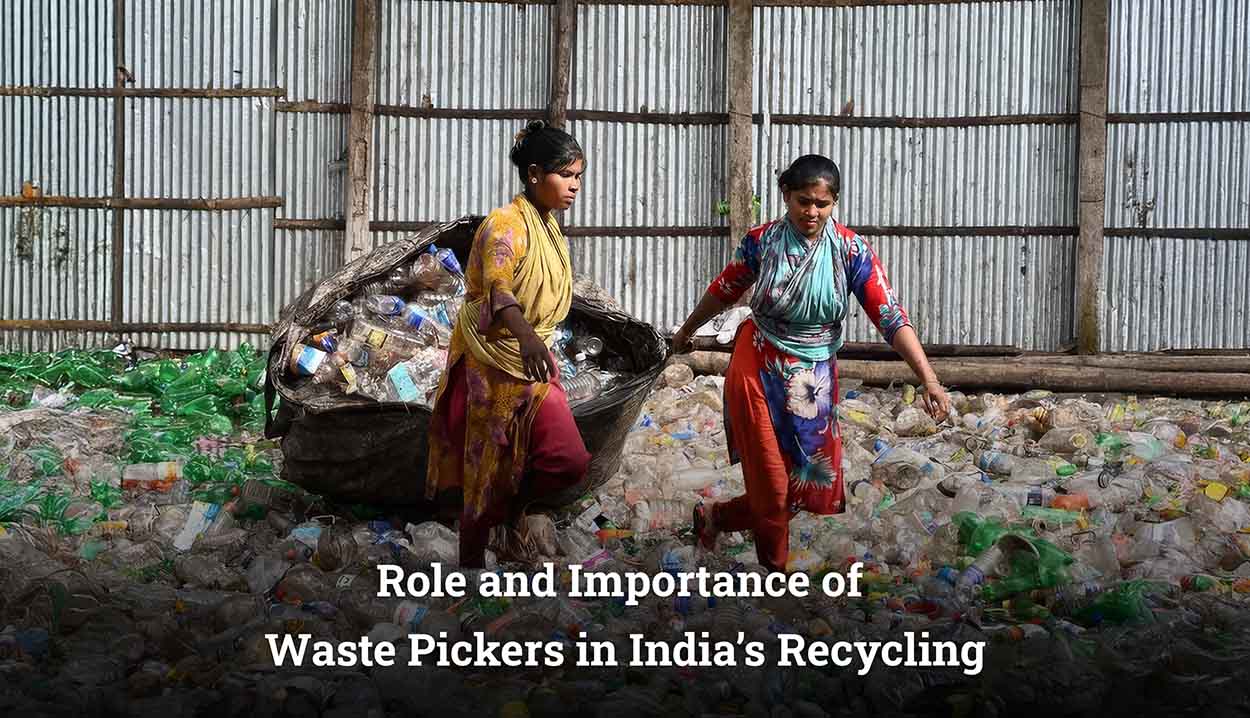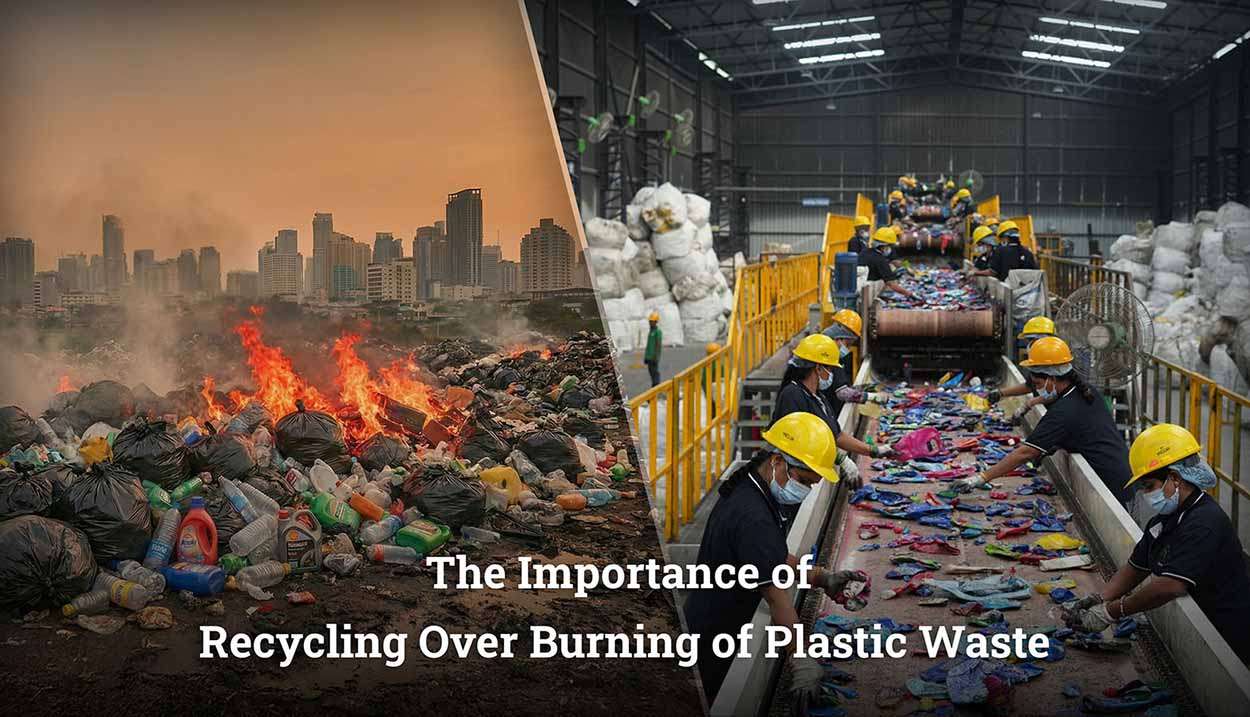With the current focus on the environment, recyclable packaging is an essential answer for companies who want to reduce their impact on the earth and to add value to their brand. For smaller and newer businesses, the call for going green and switching to recycling packaging has become easy with the endless technologies and options available in the global market.
Packaging waste is draining our current waste management systems by prioritizing consumerism over sustainability. The move towards sustainable packaging is not only environmentally crucial but it is also a smart business strategy. Sustainable packaging solutions are in growing demand as consumers have become more conscious of their impact on the planet, with 71% of customers actively choosing to buy products that have sustainable packaging according to recent studies. The demand is forcing businesses to use recyclable packaging to comply with regulations and enhance brand loyalty.
Recyclable packaging also helps cut costs for businesses, from waste and disposal fees to obtaining raw materials, so it’s a win-win for both the planet and a company’s operations. With the worldwide market for recyclable packaging expected to expand dramatically in the coming years, companies choosing sustainable packaging solutions stand the best chance of securing and retaining customers in the longer-term as well as demonstrating a commitment to the planet.
What is Recyclable Packaging?
Recyclable Packaging is material that can be readily collected, separated, or recovered and prepared for reuse or recycling as secondary raw materials. Some of these materials include paper, cardboard, glass, aluminum, as well as certain plastics that are recyclable and are considered environmentally friendly packaging alternatives to single-use plastics.
Sustainable packaging in the plastic industry aids in decreasing the usage of virgin raw materials from being used in the manufacturing process, while reducing the environmental impact of packaging waste. Businesses in India have rapidly adapted to the global movement towards sustainable packaging, with robust manufacturing bases, effective labor and access to raw materials.
Key Benefits of Recyclable Packaging for Businesses
Companies that want to commit to eco-friendly packaging and cater to consumer demands for sustainable packaging options, have many benefits to gain from using recyclable packaging.
A few advantages of sustainable packaging are:
Cost Savings
Recycled content is usually cheaper than virgin material, therefore saving money in operation.
Compliance
Stringent environmental legislation throughout the world calls for the reduction of packaging waste and the use of recyclable materials.
Brand Differentiation
Environmentally friendly packaging promotes the progressive image that you want your brand to have for your eco-friendly consumers.
Waste Management
Companies can better manage waste and save on disposal costs with recyclable packaging.
Circular Economy Support
Promote reuse and recycling, enhancing resource utilization and environmental protection.
These various advantages add up to recyclable packaging being a strategic advantage for companies striving towards environmentally friendly and innovative packaging.
Environmental Impact of Recyclable Packaging
Recyclable packaging diminishes the environmental impact of packaging waste. It helps reduce pollution and conserve natural resources by keeping waste out of landfills and oceans. Using recycled materials, whether plastic, paper or glass, emits less carbon than producing single-use plastics from scratch. Imagine millions of tons of packaging waste kept out of ecosystems for cleaner air, water and soil every year. Visualise the impact of recyclable packaging lifecycle from origin to processing. Through reuse we can help materials loop back into the packaging lifecycle to keep our planet healthy for generations to come.
Challenges and Solutions in Adopting Recyclable Packaging
Although recyclable packaging presents a lot of advantages, businesses have the difficult task of adopting and switching from current practices. In the plastic packaging industry in India, adopting sustainable packaging comes with multiple challenges as stated below :
1. Challenge
Unorganized, informal collection systems
Solution
Develop a structured approach to both waste management facilities and awareness campaigns around sustainable packaging use, in order to ensure the collection of high-grade recyclable material.
2. Challenge
Awareness and knowledge gaps with segregating at the source, leading to contamination of materials.
Solution
To decontaminate, educate end-customers and supply chain about the need of correct segregation and handling.
3. Challenge
Material Performance of the produced sustainable packaging.
Solution
The properties of the produced recycled packaging often depend on the input material quality. Ensuring the standards of moisture resistance, shelf life etc by recycled packaging manufacturers become crucial, based on the application.
4. Challenge
Integration in Terms of Cost and Supply Chain
Solution
Join forces with suppliers and recyclers to consolidate efforts and tap into economies of scale.
5. Challenge
Complexity of Regulatory Compliance
Solution
Monitor changes in regulation and work closely with industry stakeholders to remain compliant and engage in best practices.
Being proactive in addressing challenges is the only way companies can benefit from the advantages of sustainable packaging solutions and to demonstrate their concern for environmental responsibility.
Conclusion
Sustainable packaging is at the crossroads of business opportunity and environmental necessity. Coupled with the significant increases in extended producer responsibility regulation, recyclable packaging allows companies to remain relevant and appealing in the consumer oriented market where sustainable packaging options are becoming more mainstream. The advantages of recyclable packaging not only span environmental considerations, but also cost reductions; brand value amplification, and efficiencies in operation. With the sustainable packaging industry growing by the day, companies that incorporate recyclable packaging into their plans will help us progress toward a sustainable future. Adopting recyclable packaging is not just a boon for the planet, it’s smart business. Recycled packaging, sustainable packaging and environmentally friendly packaging options are setting a standard for circularity. Businesses should act now and do their part to try and make a change in the environment while flourishing in a buoyant economic market.
For more insights on how sustainable packaging impacts the environment you can read this blog
FAQ's
Why is recyclable packaging important for businesses?
Recyclable packaging helps businesses reduce waste disposal costs, meet regulatory requirements, and attract eco-conscious consumers, thereby enhancing brand reputation and operational efficiency. Across the world, businesses that are adopting biodegradable packaging, compostable labeling are also gaining market advantage and a competitive edge through innovations in the sustainability sector.
What materials are commonly used in recyclable packaging?
Common environmentally friendly packaging materials used in recyclable packaging include paper, cardboard, glass, aluminum, and certain plastics like PET, HDPE Plastics or LDPE Plastics.
What is the difference between recyclable, biodegradable, and compostable packaging?
Recyclable packaging can be collected and processed to make new products. The materials used for recyclable packaging include glass, metal, plastics with benefits of recyclable packaging such as cost savings and regulatory compliance. Biodegradable packaging breaks down naturally over time but may not be recyclable. Plant-based plastics, paper and organic materials are examples of biodegradable packaging Compostable packaging breaks down into non-toxic components in composting conditions. Each serves different environmental goals within sustainable packaging strategies
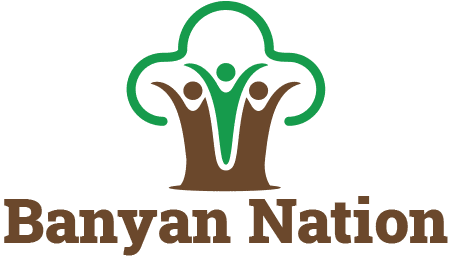
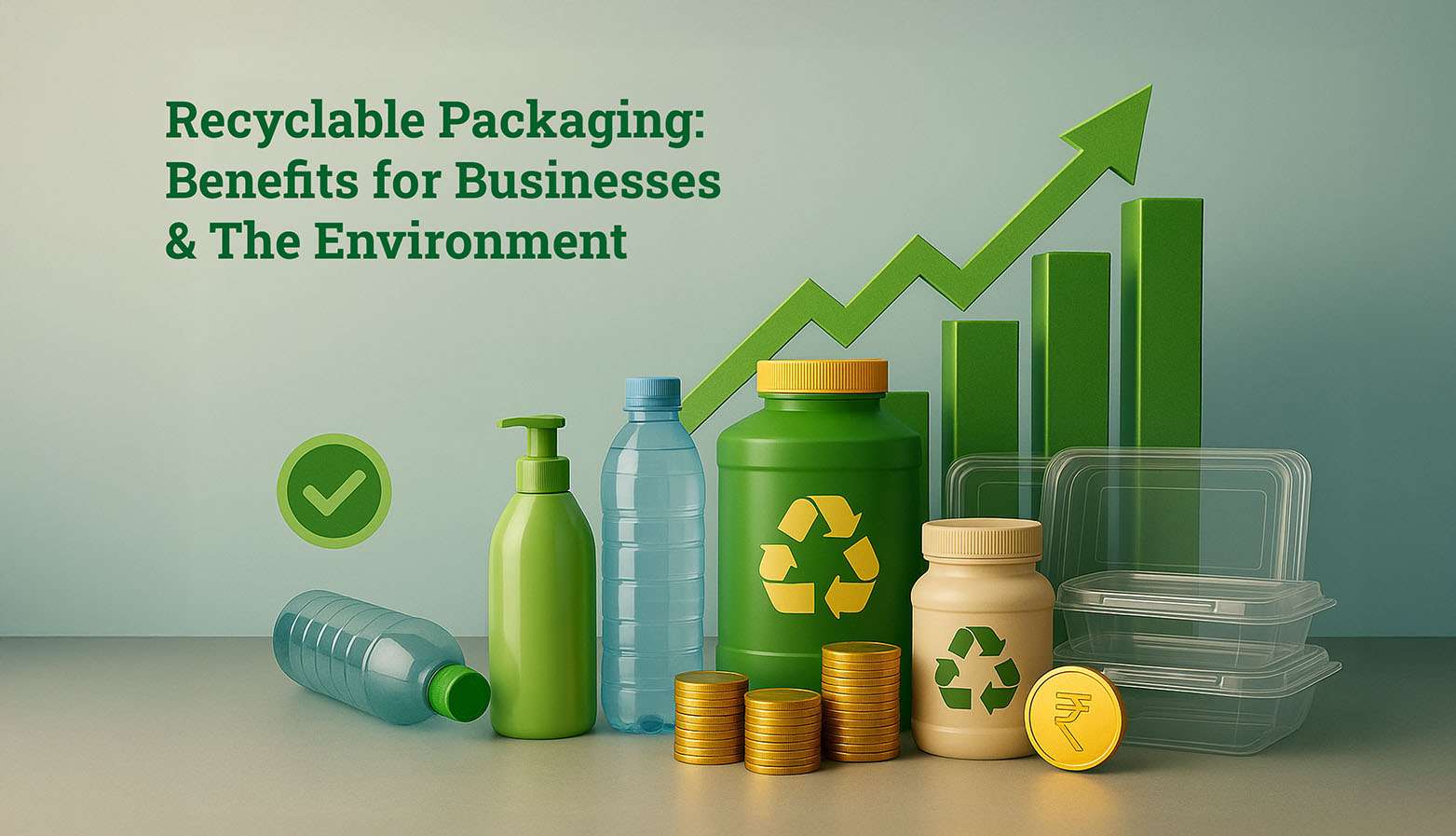
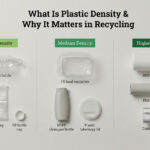 What Is Plastic Density & Why It Matters in Recycling
What Is Plastic Density & Why It Matters in Recycling How Waste Pickers Play a Crucial Role in Recycling
How Waste Pickers Play a Crucial Role in Recycling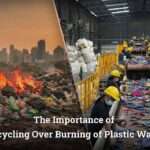 Why Burning Plastic Is Unsafe and Recycling Is the Better Solution
Why Burning Plastic Is Unsafe and Recycling Is the Better Solution Why “Design For Recycling” Matters for Companies
Why “Design For Recycling” Matters for Companies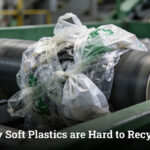 Why Soft Plastics Are Problematic & Hard to Recycle
Why Soft Plastics Are Problematic & Hard to Recycle